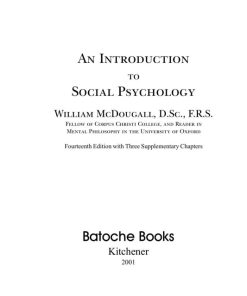Language as Social Action Social Psychology and Language Use 1st Edition by Thomas Holtgraves
Original price was: $50.00.$25.00Current price is: $25.00.
Authors:Thomas Holtgraves , Series:Psychology [202] , Tags:Psychology / General Psychology / Social Psychology , Author sort:Holtgraves, Thomas , Ids:9780805831405 , Languages:Languages:eng , Published:Published:Oct 2002 , Publisher:Erlbaum , Comments:Comments:This interdisciplinary synthesis of the social psychological aspects of language use provides an integrative and timely review of language as social action. The book successfully weaves together research from philosophy, linguistics, sociolinguistics, anthropology, social and cognitive psychology, pragmatics, and artificial intelligence. In this way, it clearly demonstrates how many aspects of social life are mediated by language and how understanding language use requires an understanding of its social dimension. Topics covered include: *speech act theory and indirect speech acts; *politeness and the interpersonal determinants of language; *language and impression management and person perception; *conversational structure, perspective taking; and *language and social thought. This volume should serve as a valuable resource for students and researchers in social psychology and communication who want a clear presentation of the linguistic underpinnings of social interaction. It will also be useful to cognitive psychologists and other language researchers who want a thorough examination of the social psychological underpinnings of language use. Although this book is relevant for a variety of disciplines, it is written in a clear and straightforward style that will be accessible for readers regardless of their orientation.













